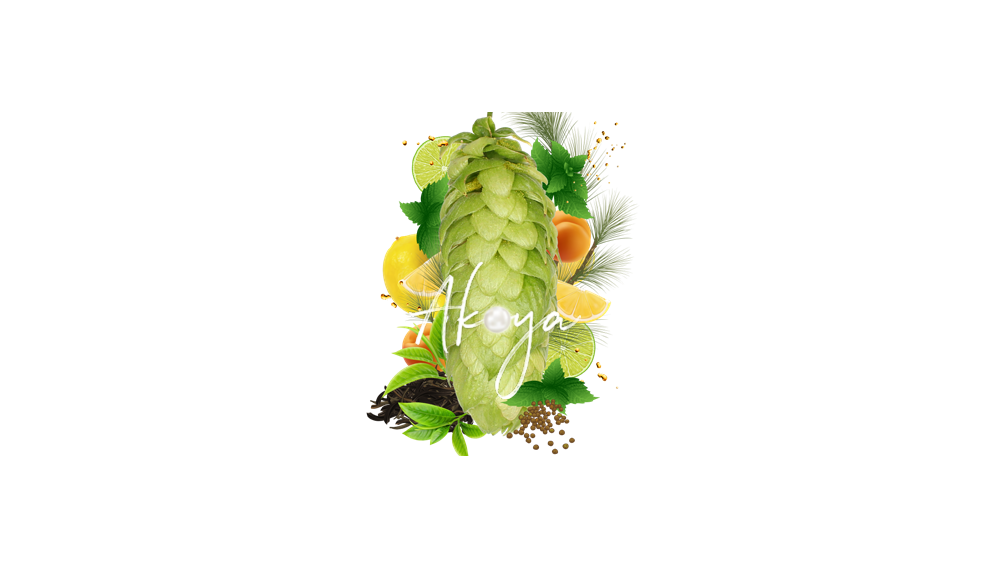Hopsteiner Akoya – An answer to climate change?
Technical Support | Agronomist Dr. Alexander Feiner and his team spent seven years cultivating and testing the 99/268 breeding line. In autumn 2019 they decided to launch the new variety officially, naming it Akoya. Akoya’s yield stability and overall resistance most certainly presents the right answer to climate change, opening up new perspectives to both growers and brewers.
During the selection years it became clear that this breeding line’s tendency to early ripening and harvesting made it a suitable replacement for the established aroma varieties (Perle or Hallertauer Tradition) grown in Germany. Both the expected and harvested yields during the test years point towards an average yield of about 2,300 to 2,400 kg/ha. However, these figures will still need to be confirmed during the next few years.
Due to its resistance to diseases such as downy mildew and powdery mildew and low susceptibility to Verticillium wilt and drought stress, Akoya has so far produced consistent alpha values between 9 - 11 % and oil contents of about 1.5 - 2.0 ml/100g. Its aroma in leaf hop form is described as herbal and tea-like and slightly fruity with mint and pepper notes, also a touch of hop-spiciness. This can be attributed to fairly high concentrations of humulene and ß-caryophyllene, as a result of which Akoya compares favourably with the variety Perle.
When sampling crop 2018 and 2019 Akoya hops, despite an intense aroma resulting from its high oil and linalool contents, the aroma characteristics are more akin to Perle or Hallertauer Tradition.
Conclusion
Hopsteiner's answer to climate change is called Akoya. Many years of cultivation and brewing trials show that it has the necessary, future-oriented characteristics. It is therefore Hopsteiner’s aim to cooperate closely with hop growers and brewers to continuously and sustainably increase both acreage and quantities of Akoya. The combination of new adaptable varieties with smart forms of cultivation will ensure economic agricultural sustainability and, consequently, secure hop growing.
In order to move forward with the necessary changes, it will be important to follow new directions at all levels, starting with cultivation all the way to the use and processing of hops.
Alternative varieties will enhance the market by providing good yields, improvements in cultivation and showing their full character in beer. Hopsteiner’s internal breeding program is therefore an essential component for a sustainable hop industry.
Source
Simon H. Steiner, Hopfen, GmbH, Mainburg, Germany

